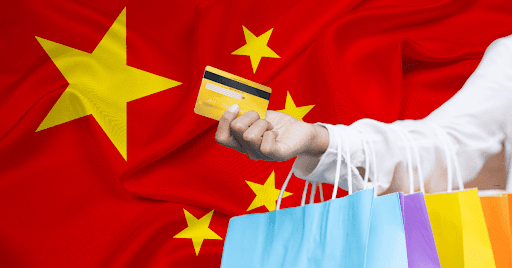Since 2019, the popularity of the “buy now, pay later” model has grown in the US, offering shoppers instant gratification and a financing option that complements American credit culture and consumers’ expectations.

Meanwhile, in China, a completely opposite model is driving the world’s second-largest economy: what’s informally known as “pay now, buy later,” per The Economist.
The model is uniquely standard in the People’s Republic and largely based on prepaid cards, or “reverse-credit cards.”
- They account for more than 10% of China’s total retail sales.
- Over 1.5B were issued in 2023, worth ~760B yuan, or ~$100B.
How does it work?
Whereas with BNPL retailers extend credit to customers, under PNBL, shoppers are the ones loaning the money.
Say, for example, you get a haircut. The salon would encourage you to prepay for multiple haircuts, rather than just the service you received, or offer a prepaid card that gives you extra credit to spend later on.
Businesses secure future payments, while these extra credits, which you can think of as “interest” on the seller’s loan and vary depending on the size of the investment, can provide big returns for customers.
Sound familiar?
Similar schemes, like loyalty programs, are common worldwide, but:
- Unlike the prepayment models of fitness studios, China’s PNBL model isn’t based on a fixed schedule of sessions but a fixed number of them.
- And unlike gift cards, which often go unredeemed, China’s prepaid cards don’t expire.
What can expire, though…
… are businesses themselves: A 2021 survey by China Youth Daily found that ~50% of respondents who’d participated in PNBL programs had been screwed over when a business closed.
Plus, with little regulatory oversight, The Economist notes, scammers are now taking up such schemes of their own.
So, for Chinese consumers, the risks can be high — namely, potentially paying for something you might never get to enjoy, which sounds pretty frustrating.
But at least they can (quietly, for most) blame their government for the lack of regulation — with BNPL, the only person you can blame for buying something you can't afford is, sadly, you.
Money
